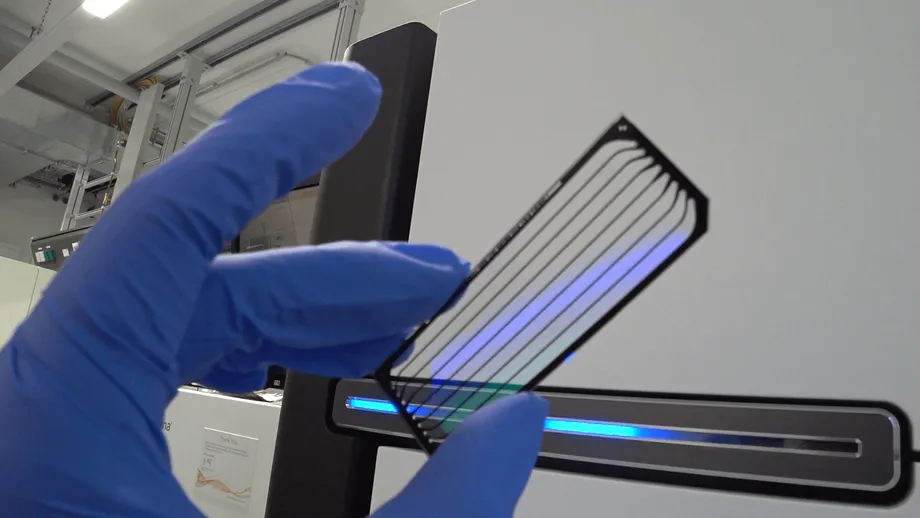Sidra Medicine. Division of Genetics, Department of Pathology & Laboratory Medicine.
Sidra Medicine is a Pediatric & Maternal-Fetal hospital, medical education center and biomedical research center that has invested in the latest genomic technologies to provide quality treatment for inherited genetic disorders. In particular, the division of Genetics at the Department of Pathology & Laboratory Medicine provides genetic and genomic analyses, as well as diagnostic testing and expertise, for congenital and inherited diseases.
Dr. Marios Kambouris, PhD, FACMGG
Dr. Kambouris has an extensive experience in genetic diagnosing, risk assessment and consultancy for patients with a multitude of genetic disorders, congenital malformations, dysmorphia and mental retardation.
He collaborates with numerous global alliances, hospitals, universities and research centers all around the world and has been involved in the localization and/or identification of more than twenty novel human genes associated with Mendelian diseases. In addition, he has investigated different populations with unique genetic characteristics to identify new genes associated with polygenic multi-factorial disorders.
At Sidra Medicine in addition to the clinical and diagnostic responsibilities Dr. Kambouris is involved in research for mapping and identifying human disease genes and discovering novel pathogenic mutations.
Use cases
Dr. Kambouris compared eVai to other software for variant interpretation and found it extremely accurate and reliable because of its “hypothesis free” approach:
“During the investigation of two siblings with a complex clinical presentation characterized by agenesis of corpus callosum, congenital hypotonia, severe scoliosis and distal extremity spasticity, only eVai allowed us to pinpoint the pathogenic variants in the PIEZO2 gene and to correctly diagnosis the distal arthrogryposis with impaired proprioception and touch (DAIPT).
eVai’s phenotype-free variant classification enabled us to immediately find the cause of the disease while all other phenotype-driven interpretation tools did not report any candidate variants.
Clinical phenotype data are essential for the interpretation of genomic variants and extremely important for the final diagnosis of the patient. Nevertheless, I frequently observed that using patient’s phenotype data right from the beginning of the analysis can lead to miss important pathogenic variants, which could be crucial for the patient.
I usually prefer to begin the variant analysis without using any phenotype data and having instead the chance to verify all the possible candidates. The evaluation of genotype-phenotype relationships could be done as a second step of the interpretation process.
eVai adopts such a strategy and helped us to solve this complex, undiagnosed case in an easy and efficient manner”.




